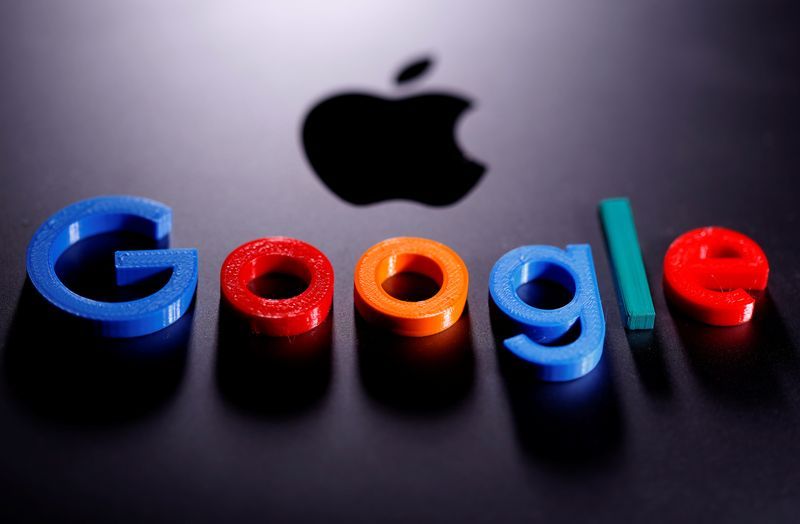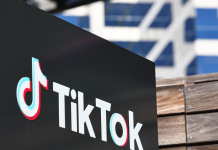
The system announced on April 10 will use Bluetooth technology to let authorities build apps to alert people that are in proximity with those that have tested positive for the novel coronavirus.
The technology doesn’t employ GPS location data and stores most sensitive data during a decentralized way on users’ phones. The approach opened a rift with European governments planning systems that might store data on centralized servers.
Without the Apple-Google technology, apps built by those governments will face limitations like needing a phone’s screen to be unlocked to figure properly.
Health and privacy researchers also cited privacy concerns that the businesses addressed on Friday by making it harder to use system-generated data to trace people.
The numbers that identify users are going to be randomly generated, and so-called “metadata” like Bluetooth signal strength and users’ phone models will now be encrypted along side primary data about whom they need been near.
“Exposure time,” or how long two phones are near one another , are going to be rounded to 5-minute intervals, to stop using detailed time data to match up phones to people.
The companies also sought to deal with health researchers’ concerns that the system would be ineffective. Since Bluetooth signals can penetrate some walls and may be detected even when brief and faint, researchers worried about false alerts from neighbors in apartment buildings or passers-by publicly spaces.
Apple and Google will now provide data about Bluetooth power levels to raised estimate how close two phones came to every other and for a way long, letting authorities set their own thresholds for when to alert people.
The companies also said they might provide data on what percentage days had passed since the last contact with an infected person, to assist authorities notify users about what steps to require.











